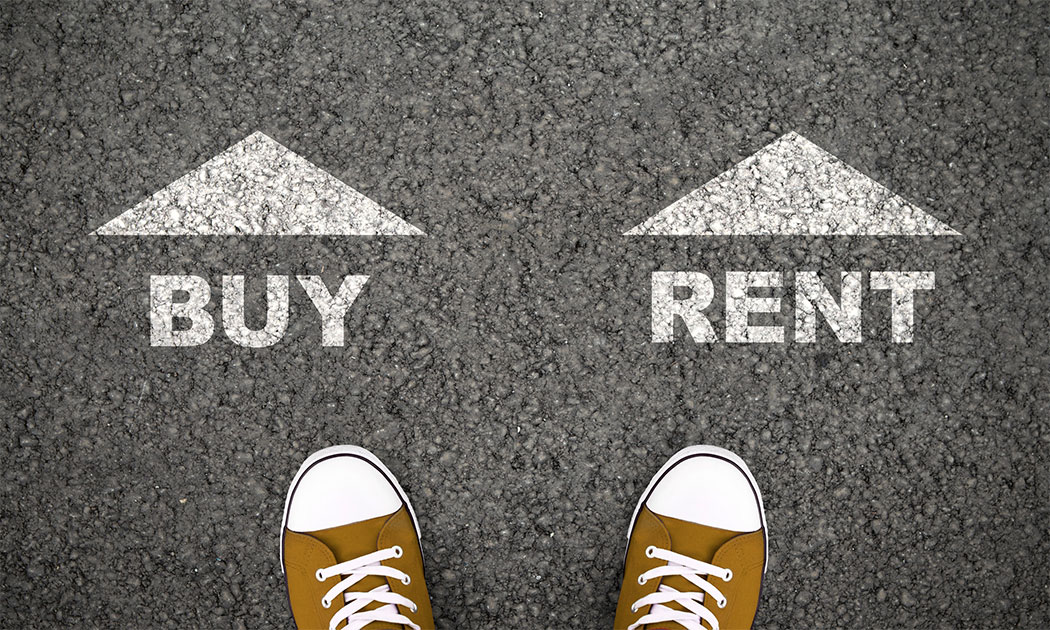
Clients who participate in several small to medium-sized exhibitions, and whose booths are based on modular systems, often debate whether it’s better to purchase the system as a one-time investment and reuse it at every show, assembling it themselves with their team.
There are many scenarios in which this makes perfect sense, and I sometimes even encourage clients to go that route.
However, there are several key parameters that must be taken into account because sometimes even just one of them can change the entire picture.
Exhibition Locations
If most of your exhibitions are in the same region, this is definitely a pointin favor of purchasing the system.
But even one or two shows that are far enough away can dramatically increaseshipping costs.
(For example, if most of your U.S. shows are in Vegas, but there’s one in NewYork, Orlando, or another remote area.)
Storage
Purchasing a booth from the manufacturer is indeed a one-time expense, but italso involves storage, handling, and maintenance costs.
Even if you store the booth yourself, the surrounding logistics require time,coordination, and sometimes additional manpower.
It’s something that must be carefully assessed. In many cases, withoutsufficient resources, renting is a much smarter move.
Flooring
Some recommend purchasing the flooring as well, but even if you're planning tobuy and self-assemble your booth, I usually suggest ordering flooring from theorganizers or a local vendor.
The cost is higher than buying, but purchasing flooring involves multiplepitfalls:
*Transportationcosts (especially for delivery into U.S. convention halls)
*Storagebetween shows
*Cleaningbetween uses
*Technicalchallenges with installation
And everything mentioned above becomes even more complicated in the U.S.,especially when you also need to order padding...
Furniture
It all depends on the quantity and type:
Reception counter? Product table? If you're using these in more than threeexhibitions, it’s worth considering buying.
You can also add logos, cladding, custom cutouts, and more.
If it’s a one-time event or a specific need, renting is better, and you can adda personal touch with branded fabric, decals, or graphics.
Largerpieces (armchairs, sofas, coffee tables): whether you rent or buy, they’reexpensive, but renting is usually more economical due to transport and storagecosts.
Technology
When it comes to screens, if you’re planning to handle everything on your own,this is one area where renting is highly recommended:
*Screensrequire upright, careful transport
*Theirboxes are large and significantly increase volumetric shipping costs
*Theywear out easily (scratches, damage, etc.)
*Andmost importantly, you’ll need technical support on-site
Tabletsfor demos, etc. – this is where buying makes sense:
They’re relatively inexpensive, easy to transport, continue to receive softwareupdates,
and can be used after the exhibition across different departments in yourorganization.
InConclusion
I’ve seen many clients store large amounts of equipment in warehouses acrossthe U.S. and Europe, and pay significant sums for it, only to never use itagain.
Sometimes it’s due to high shipping costs, other times due to incompatibilitywith new requirements, or simply because the equipment became outdated.
Sothe question of whether to rent or buy is not just a matter of dollars andimmediate savings for a single show.
It’s also (and perhaps more importantly) a matter of business logic.
And in many cases, the answer will simply be: “No.”
If you got a different answer, then it’s probably time to start exploring systemsto purchase.